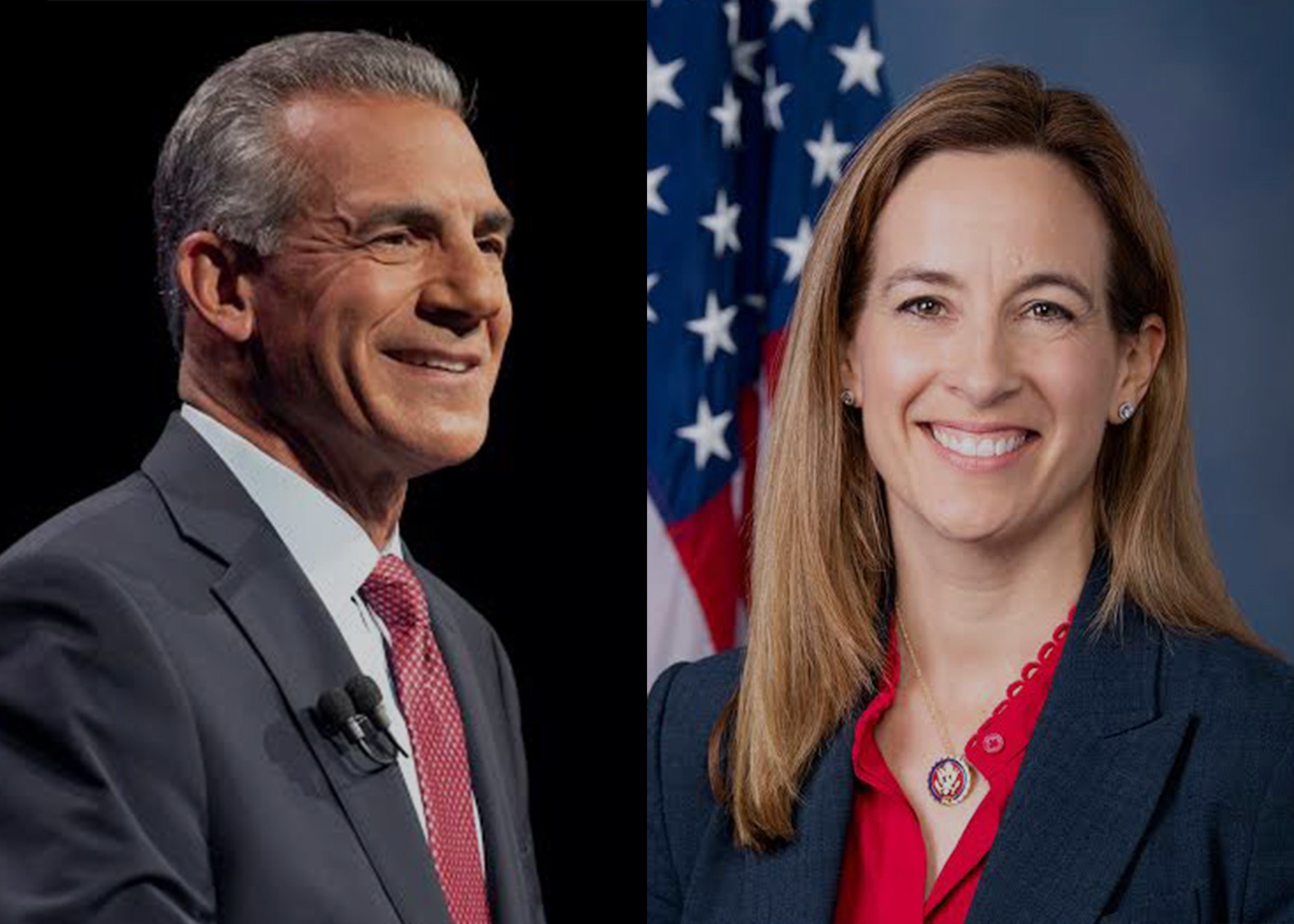Editor’s note: Jersey Senior Weekly does not endorse political candidates or parties, but we will always provide a fair forum for both Governor candidates to speak to seniors.
With New Jersey families facing electricity bills that have increased by 17%-20% since June, the upcoming gubernatorial race has made energy relief a top priority for both major candidates. Here’s how Rep. Mikie Sherrill (D) and Jack Ciattarelli (R) plan to address the energy price surge affecting seniors and families across the Garden State.
Sherrill’s Energy Plan
The Democratic nominee has promised to declare a state of emergency over utility rates on her first day as governor. Sherrill’s plan would freeze utility rates for one full year, providing direct relief to the average New Jersey family during what she calls an “affordability crisis”.
Her long-term strategy focuses on making New Jersey energy-independent by “massively increasing” in-state power generation. This includes expanding solar and battery storage projects, expediting upgrades at existing nuclear plants, and modernizing natural gas facilities. Sherrill believes that by producing more energy locally, the state can reduce its dependence on expensive imported electricity.
Ciattarelli’s Energy Plan
The Republican nominee takes a different approach, focusing on reopening power plants that were closed under Governor Murphy’s administration. Ciattarelli argues that New Jersey shifted from an electricity exporter to an importer under Democratic leadership, forcing the state to compete with other states for power and driving up prices.
His day-one priorities include reopening closed plants that produce electricity, expanding nuclear capabilities in South Jersey, and accelerating solar development. Ciattarelli is skeptical of Sherrill’s rate freeze proposal, arguing that the New Jersey Supreme Court would never approve such a measure.
Current Relief Efforts Fall Short
Governor Murphy’s administration has already provided $430 million in electric bill relief, giving $100 to all 3.9 million residential customers and an additional $150 to low- and moderate-income households. However, this relief only offsets 30-80% of the recent bill increases and is acknowledged as a short-term solution.
What This Means for Seniors
Both candidates recognize that energy affordability is crucial for fixed-income seniors who cannot easily absorb unexpected utility increases.
The candidates’ approaches differ significantly: Sherrill offers immediate rate relief through emergency powers, while Ciattarelli promises long-term stability through energy independence.
As the November election approaches, New Jersey seniors will need to decide which strategy best serves their need for affordable, reliable electricity.


